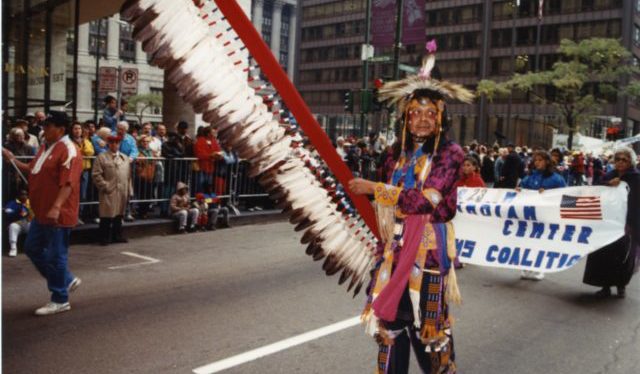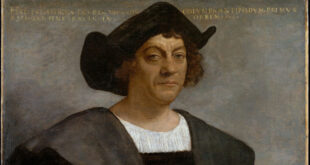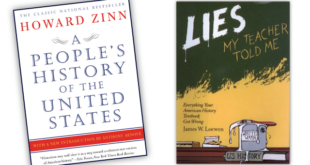
Columbus Day is under assault as never before.
Once unabashedly celebrated throughout the land, it was hailed initially by President Harrison in 1892, designated a national holiday by President Roosevelt in 1934, and pegged to the second Monday in October by President Nixon in 1972.
A couple of halcyon decades followed during which schools, banks and governmental agencies across the country closed each year in honor of the Admiral of the Ocean Sea. The hero of the day is particularly cherished by Italian Americans, who have celebrated his history-altering accomplishments and shared ancestry with parades that back to San Francisco in 1868.
That place in history has been challenged with increasing vehemence in recent decades by Native Americans who view Columbus as a harbinger of the demise of their once thriving nations. Through little fault of his own, our beloved Cristoforo has become the poster boy for cultural genocide and a symbol of centuries of oppression.
Fueled by mounting indignation, activists have engaged in a nationwide campaign to replace Columbus Day with Indigenous Peoples Day, enjoying considerable success on the state and local levels.
Hawaii and Oregon have done away with Columbus Day, and Alaska and South Dakota have replaced it with Indigenous Peoples Day and Native American Day respectively. Among the major municipalities to follow suit are Berkeley, Calif.; Seattle, Wash.; Minneapolis and St. Paul, Minn.; Portland, Ore.; Lawrence, Kansas; Anchorage, Alaska; Cambridge, Mass.; and Denver, Colo.
The movement has been slow to take hold in the Windy City, which has had a longstanding love affair with the Great Explorer. Over the decades, we’ve staged a world fair, erected statues, opened a university and built a street in his name. And when Congress designated the second Monday in October as Columbus Day, Chicago’s very own Frank Annunzio led the charge.
That tide turned dramatically in 2012, when the Chicago public school system eliminated Columbus and Pulaski days as official holidays. And earlier this year, the city of Evanston proclaimed the second Monday in October Indigenous Peoples Day instead.
It’s no coincidence that Evanston is home to the Mitchell Museum of the American Indian, which played a pivotal role in the proclamation’s introduction and passage. Now activists have set their sights on Chicago, seeking a similar proclamation from the city council and planning protests at this year’s Columbus Day Parade.
A city council victory is by no means a foregone conclusion. A bill to replace Columbus Day with Indigenous Peoples Day in Utah was defeated in the Senate, and the ratio of Native to Italian Americans is far greater there than here.
But to view this as a political or ethnic battlefield is to ignore history. To secure a future for Columbus Day, we need to look to our city’s own past and a remarkable détente that was brokered 25 years ago almost to the day.
With the 500th anniversary of Columbus Day on the near horizon, Native Americans were intent on disrupting the parade with major protests. But that was before Pat Michalski, director of ethnic affairs for Governor Jim Edgar, stepped in.
Calling leaders of both communities to the negotiating table, she initiated a dialog that revealed histories of pain and oppression that transformed a potential battleground into a budding common ground.
“The Italian-American community is a minority community that has gone through many problems,” James Yellowbank, coordinator for the Indian Treaty Rights Committee, said after the meeting. “They have deeply rooted religious connections similar to ours and we don’t want to take a similar pride from people.”
From that discussion emerged an unprecedented spirit of cooperation that led to Native American participation in that year’s Columbus Day Parade and Italian-American support for the closing of the Dixon Burial Mounds to public viewing.
A quarter of a century later, we are duty-bound to once again reach out to our Native-American compatriots and rekindle that spirit. Our beloved holiday may lie in the balance.
 Fra Noi Embrace Your Inner Italian
Fra Noi Embrace Your Inner Italian






In all fairness, we have read (far from idyllic) accounts, that such things as: internecine wars, (due to territorial disputes, and other reasons), mass killings, torture, human sacrifice, cannibalism, slavery, and inter-tribal racism, existed among various indigenous peoples of the Americas, long before the arrival of the [bad] Europeans…….Could this be true??…….just askin’……